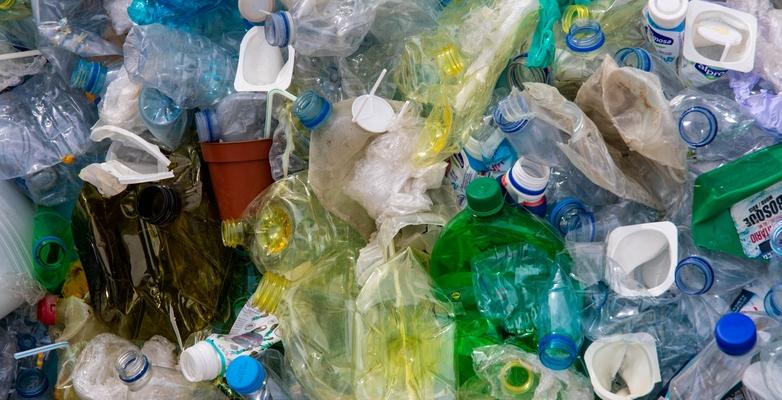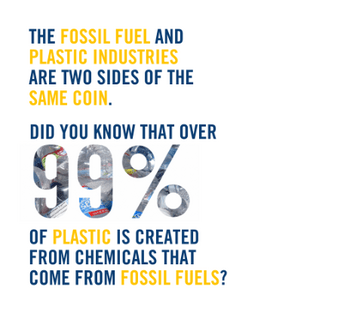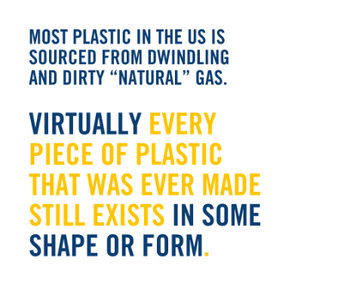
World Environment Day 2023: #BeatPlasticPollution
How to #BeatPlasticPollution? Phase out fossil fuels.
Every year on June 5, we celebrate World Environment Day to encourage the protection of our shared environment and promote awareness of environmental issues.
The single-most important environmental issue facing us today is undoubtedly the climate crisis. Most people understand the connection between burning fossil fuels and the growing climate impacts we see dominating the headlines worldwide. But what not everyone understands is the connection between fossil fuels and plastics, which is to say, plastics and climate change.
WHY ARE WE TALKING ABOUT PLASTIC?
Each year since 1973, the official organizer of World Environment Day, the United Nations Environment Programme (UNEP), decides on a theme to shine a spotlight on a specific environmental challenge. This year, for the 50th celebration of World Environment Day, the goal is to #BeatPlasticPollution. What you might not know, though, is that we have to beat fossil fuels first in order to do that.

Why?
The fossil fuel and plastic industries are in many ways two sides of the same coin. Plastics are a part of the petrochemical sector, with 99% of their chemical building blocks drawn straight from fossil fuels like oil, coal, and gas. And as the world increasingly works to transition away from dirty fossil fuels and demand begins to shrink, the industry has had to develop a new game plan and revenue stream.
In response, the industry has been working to expand facilities for climate-damaging plastics in places like the Ohio River Valley in the US. All while launching stealth marketing efforts to persuade consumers they can feel good about buying single-use bottle after bottle because, well, they can just be recycled, right? But if you've ever thought recycling was going to save us from mountain ranges of plastic pollution, consider two facts:
Ninety-one percent of plastic doesn't even make it to recycling facilities.
Virtually every piece of plastic that was ever made still exists in some shape or form.

Yeah, let that sink in. Plastic has been integrated into so many areas of our lives, and it’s often very hard to get rid of because much of it is sourced from dirty natural gas. On average, 300 million tons of plastic is produced from around the world every year. Half of that is just single-use plastics. All that plastic. Most of which is just sitting in landfills, or worse, littered on the grounds of our communities.
HOW DO WE #BEATPLASTICPOLLUTION?
While a challenging process, the answer is simple: PHASE OUT FOSSIL FUELS! A transition away from fossil fuels to clean energy will not only result in a healthier climate, but will encourage the petrochemical industry to stop producing wasteful and harmful single-use plastics.
In the meantime, try your best to recycle all the plastic that you can, and avoid single-use plastics at all costs. While the bigger issue seems out of our control, individual actions still make a difference, so don’t give up! It’s vital to our survival that we spread awareness around the linkage between the plastics and fossil fuel industries, and the dangers of plastic to our environment and communities.

